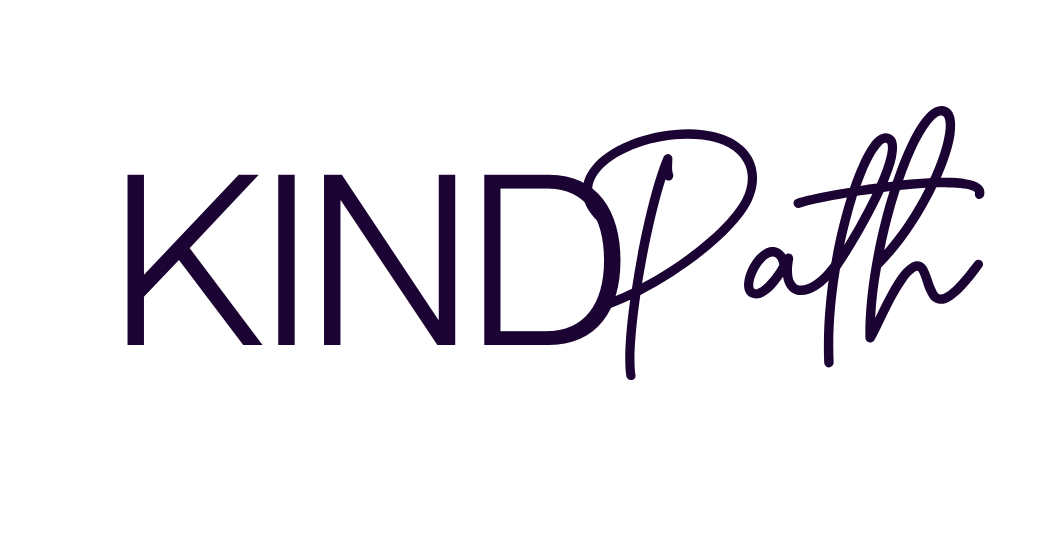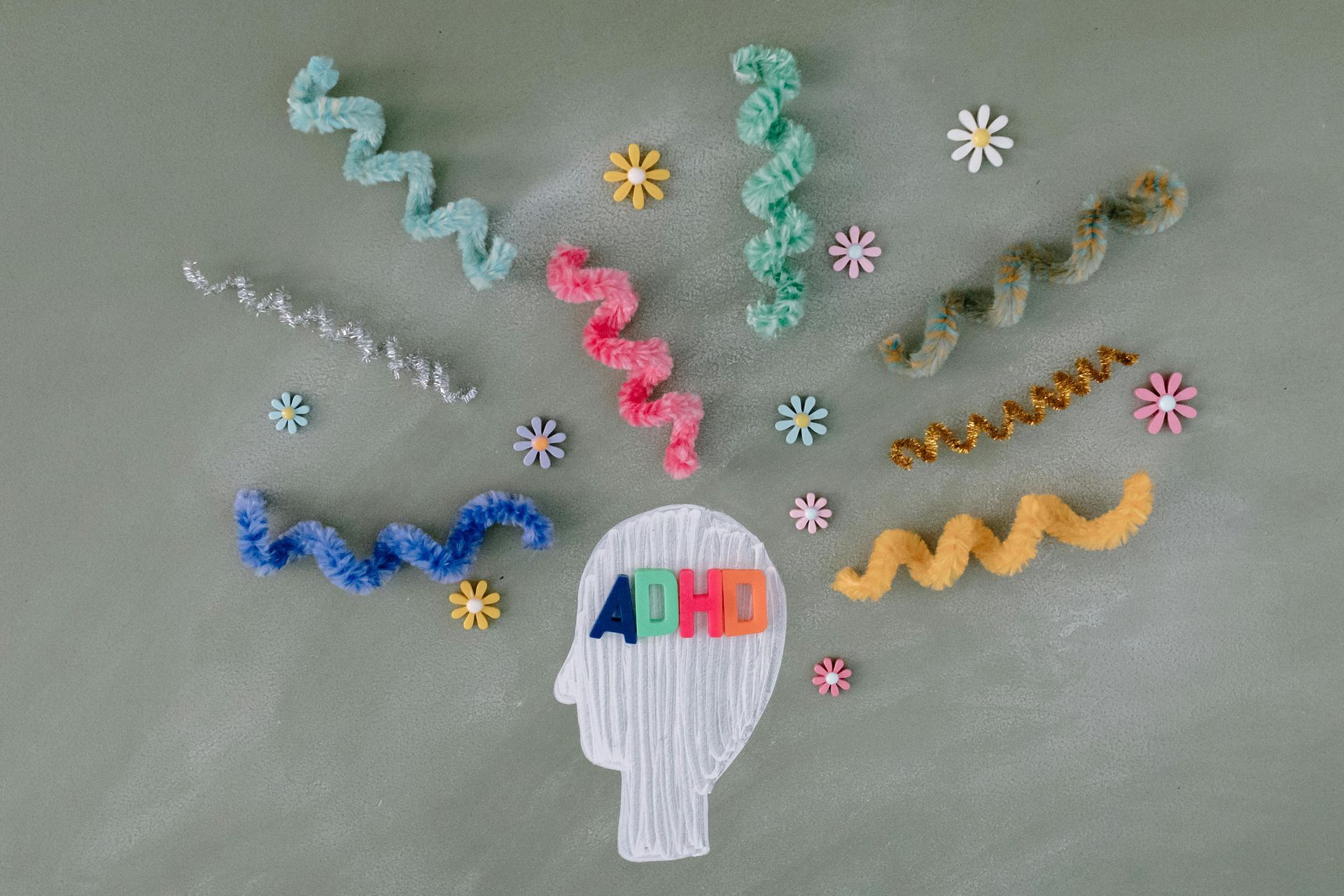Founder Burnout: The Journey of Leading, Learning, and Practicing What We Preach at Kindred
A match lit on both ends.
As a neurodivergent entrepreneur, leading Kindred has been both a privilege and a challenge. Our mission is to provide peer-based social support for underserved communities, and I’m deeply passionate about the work we do. However, like many founders, I’ve also faced the heavy toll that comes with the responsibility, vision, and persistence required to build something meaningful. Burnout, particularly for those of us with Autism, ADHD, and Sensory Processing Disorder (SPD), is an ever-present risk.
But burnout isn't just something I read about or design solutions for—I've lived it. The irony of building a mental health-focused platform while grappling with my own mental health challenges has forced me to confront my own well-being and practice what we preach. Understanding the signs of burnout, particularly through a neurodivergent lens, has not only helped me care for myself but also shaped how Kindred serves its community.
The realities on the ground
Learning about
Burnout for Neurodivergent Founders

Burnout is a state of chronic stress that leads to emotional, mental, and physical exhaustion. For neurodivergent individuals, such as those with Autism, ADHD, or SPD, burnout can manifest in unique ways. While some signs overlap with the general population, others are specific to how our brains process the world around us.
Burnout Signs for Individuals with Autism
For those with Autism, burnout often stems from overstimulation, navigating social norms, and managing executive functioning tasks. The pressure to "mask" neurodivergent traits, to appear neurotypical in professional environments, exacerbates this exhaustion.
Some specific signs of burnout for individuals with Autism include:
- Increased Sensory Sensitivities: The everyday sounds, lights, or textures that you usually tolerate may become overwhelming.
- Social Withdrawal: Engaging in conversations or interacting with others becomes not just difficult but nearly impossible. Avoiding social situations feels like a survival mechanism.
- Emotional Shutdowns: Feelings of being emotionally numb or disconnected from others, leading to meltdowns or shutdowns.
- Regression in Skills or Abilities: You may experience difficulty in skills you’ve previously mastered, such as communicating or completing tasks efficiently.
Burnout Signs for Individuals with ADHD
For individuals with ADHD, burnout can be triggered by overstimulation, multitasking, or struggling to meet external expectations. While energy and motivation can fluctuate on a daily basis, ADHD burnout often presents in the form of:
- Physical Exhaustion and Mental Fog: A complete inability to focus, even on tasks that once sparked passion and excitement.
- Procrastination and Paralyzing Anxiety: The pressure to meet deadlines or high expectations can lead to severe avoidance and procrastination, paired with a deep sense of shame or guilt.
- Emotional Dysregulation: You may experience frequent mood swings, irritability, or emotional overwhelm from small stressors.
- Hyperfixation Gone Awry: What was once productive hyperfocus may now feel like a trap, where you can't switch gears, leading to increased stress and burnout.
Burnout Signs for Individuals with SPD
Those with Sensory Processing Disorder experience burnout differently, primarily driven by the environment around them. For someone with SPD, everyday sensory experiences can feel like an attack on the nervous system. Burnout often manifests as:
- Extreme Sensory Overload: Being unable to escape sensory triggers, whether it's noise, lights, or tactile sensations, causing intense stress and anxiety.
- Difficulty with Transitions: Moving from one task or environment to another can feel nearly impossible, creating emotional friction.
- Physical Discomfort or Pain: Sensory inputs that were once tolerable may now cause physical discomfort, which can lead to emotional outbursts or withdrawal.
The Importance of Practicing What We Preach
At Kindred, we emphasize mental health awareness and the importance of peer support. But the real challenge as a neurodivergent founder is practicing that very same care for ourselves. The work of building an inclusive mental health platform like Kindred is deeply personal to me, and there have been times when I’ve fallen into the trap of pushing through exhaustion, believing the mission was more important than my own well-being.
However, I’ve learned that if I don’t care for myself, I can’t truly support the Kindred community. Practicing self-care, seeking help when needed, and respecting my neurodivergent limits are crucial—not just for my own sake, but for my company and the people we serve. It’s about modeling the behavior I want others to embrace.
Managing Burnout as a Neurodivergent Founder
Addressing burnout requires intentional strategies. Here are some practices that have helped me navigate the ups and downs of leading Kindred:
- Leaning on Peer Support: Just as Kindred promotes peer-based connections, I’ve found it invaluable to connect with others who understand the unique challenges of neurodivergent leadership. Surrounding yourself with people who get it can be transformative.
- Establishing Boundaries: It’s easy to blur the lines between work and personal time as a founder. Setting clear boundaries, including time for rest, hobbies, and moments away from the screen, helps stave off exhaustion.
- Seeking Professional Support: Whether it’s therapy, coaching, or simply connecting with a mentor, seeking outside guidance can be a lifeline. As someone who has experienced the challenges of accessing culturally competent mental health care, I know firsthand the value of finding the right support system.
- Self-Acceptance: One of the biggest lessons I’ve learned is embracing my neurodivergent traits rather than fighting them. This includes giving myself grace when I need to rest, acknowledging my limits, and understanding that self-care is not a luxury—it’s a necessity.

Kindred’s Vision for a Burnout-Free Future
At Kindred, we’re committed to creating a space where neurodivergent individuals, especially those in underserved rural communities, can find the support they need. By integrating peer support, predictive analytics, and mental health resources, we hope to make burnout a less common experience for our community.
Burnout is real, but it doesn’t have to define us. As we continue to build and grow, I’m reminded that practicing what we preach is not just about showing up for others—it’s about showing up for ourselves first.














